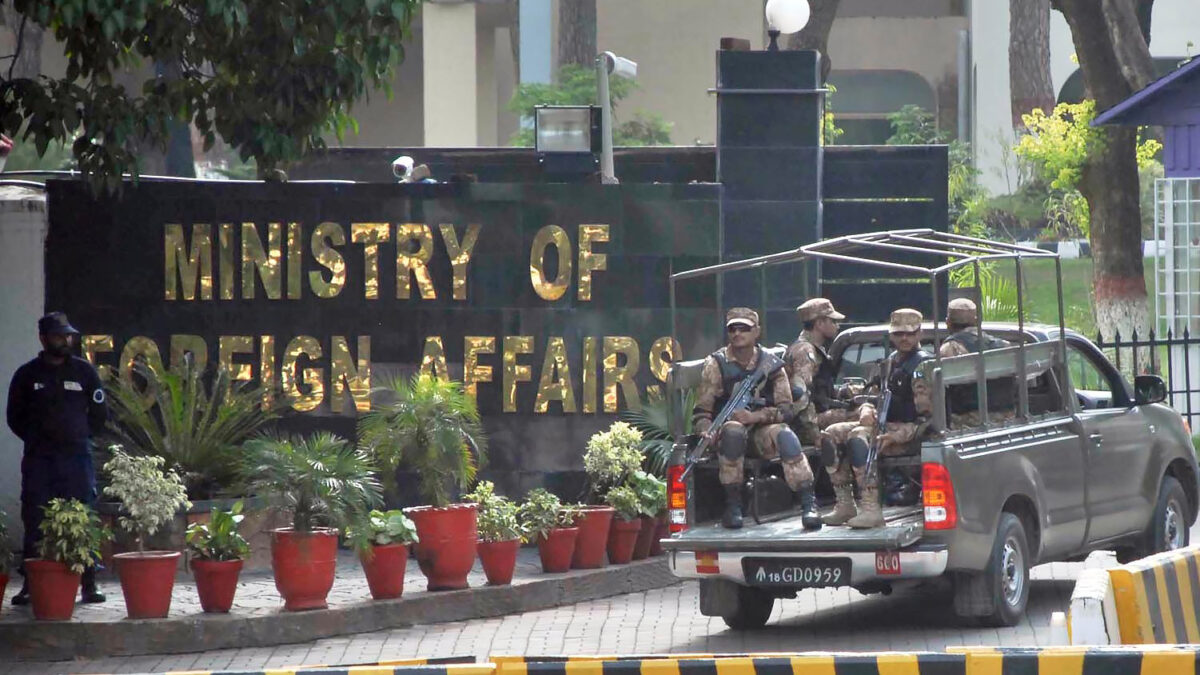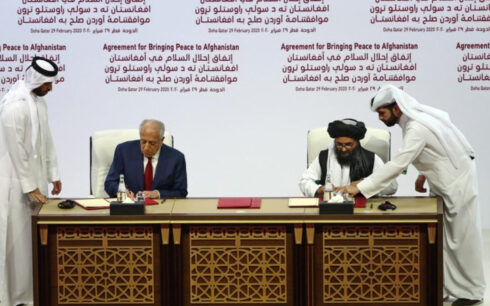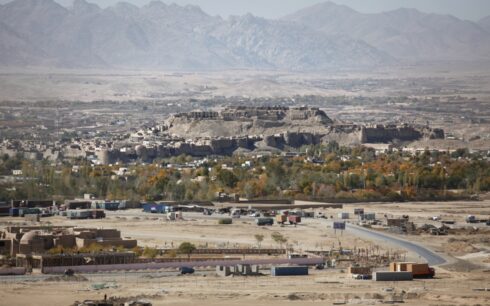Pakistan is signaling a reduction in its engagement with the Taliban by not appointing a new special envoy for Afghanistan, according to a report by The Express Tribune.
The report quotes sources familiar with the matter as saying that Pakistan’s hesitation to name a replacement for its previous envoy reflects a new strategy aimed at scaling back interactions with the Taliban.
More than six weeks have passed since Asif Durrani, Pakistan’s former special envoy for Afghanistan, was removed from his post, yet the government has not moved to appoint a successor.
Officials at Pakistan’s Foreign Ministry reportedly believe that they can manage Afghan affairs without a dedicated envoy, despite many other countries appointing special representatives for increased engagement with the Taliban.
Durrani, who took over as envoy in May 2023, replacing Mohammad Sadiq, was dismissed on September 10 without any official explanation, a move that sparked confusion and criticism.
According to the report, sources cited in the report suggest that Durrani’s limited engagement with the Taliban government and lack of influence in Kabul contributed to his dismissal. His tenure, they said, failed to improve relations between Pakistan and Afghanistan, which have instead grown more strained.
Since the Taliban’s return to power in Afghanistan, it was widely expected that Pakistan’s historical ties with the group would lead to stronger cooperation. However, the relationship has grown increasingly complex. Terrorist attacks in Pakistan have surged, and Islamabad has repeatedly accused the Taliban of harboring militants from Tehrik-i-Taliban Pakistan (TTP) within Afghan territory. Pakistan has urged the Taliban to take action against the TTP, but according to The Express Tribune, the Taliban have so far refused to do so.
The report says that Pakistan is now shifting its focus away from appointing a new envoy, seeing the role as ineffective. Instead, Islamabad appears to be reducing its engagement with the Taliban and concentrating on addressing domestic security threats.





